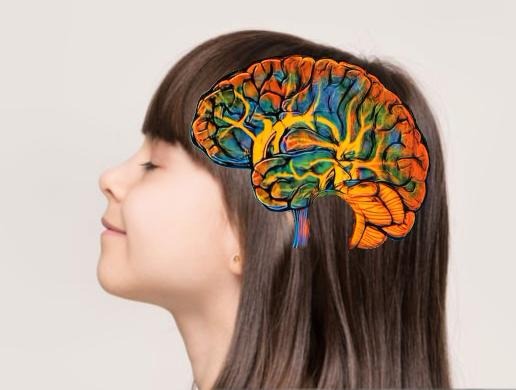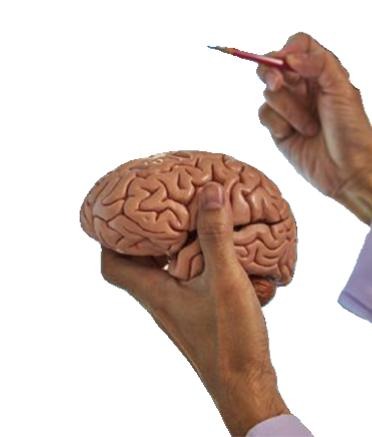Pediatric Neurosurgery
- October 26th, 2024
- 0
- admin
- Posted In:
- Uncategorized

Pediatric neurosurgery focuses on diagnosing and treating neurological conditions in children, from newborns to adolescents (up to 18 years old). It includes both conditions present at birth (congenital) and those that develop later (acquired). Common conditions treated by pediatric neurosurgeons include:
- Spinal Dysraphism (Spina Bifida): This is a condition where the spine doesn’t close properly. Children may have a swelling on the back, limb weakness, or abnormal skin marks. Surgery is needed to prevent further nerve damage as they grow.
- Hydrocephalus: This occurs when excess cerebrospinal fluid (CSF) builds up in the brain, increasing pressure inside the skull. It can be congenital (present at birth) or acquired (due to bleeding in the brain). Treatment options include placing a ventriculoperitoneal (VP) shunt or performing an endoscopic third ventriculostomy (ETV) to relieve the pressure.
- Brain Tumors: Brain tumors, which may be cancerous or non-cancerous, are common in children. Symptoms include headaches, vomiting, seizures, and balance or vision problems. Treatment involves surgery to remove the tumor, sometimes followed by chemotherapy or radiation therapy.
- Craniosynostosis: This condition happens when one or more skull bones fuse too early, restricting brain growth. Surgery is done to correct the skull shape and allow the brain to grow properly.
- Epilepsy and Seizures: Some children with epilepsy do not respond to medication. In such cases, surgery may be an option to help control their seizures.
- Head Injuries and Trauma: Children with traumatic brain injuries are usually managed with observation in the ward or ICU. In some cases, surgery is necessary. For young children (6 months to 2 years) with skull fractures, the fracture may enlarge over time and need surgical repair using a bone graft.
